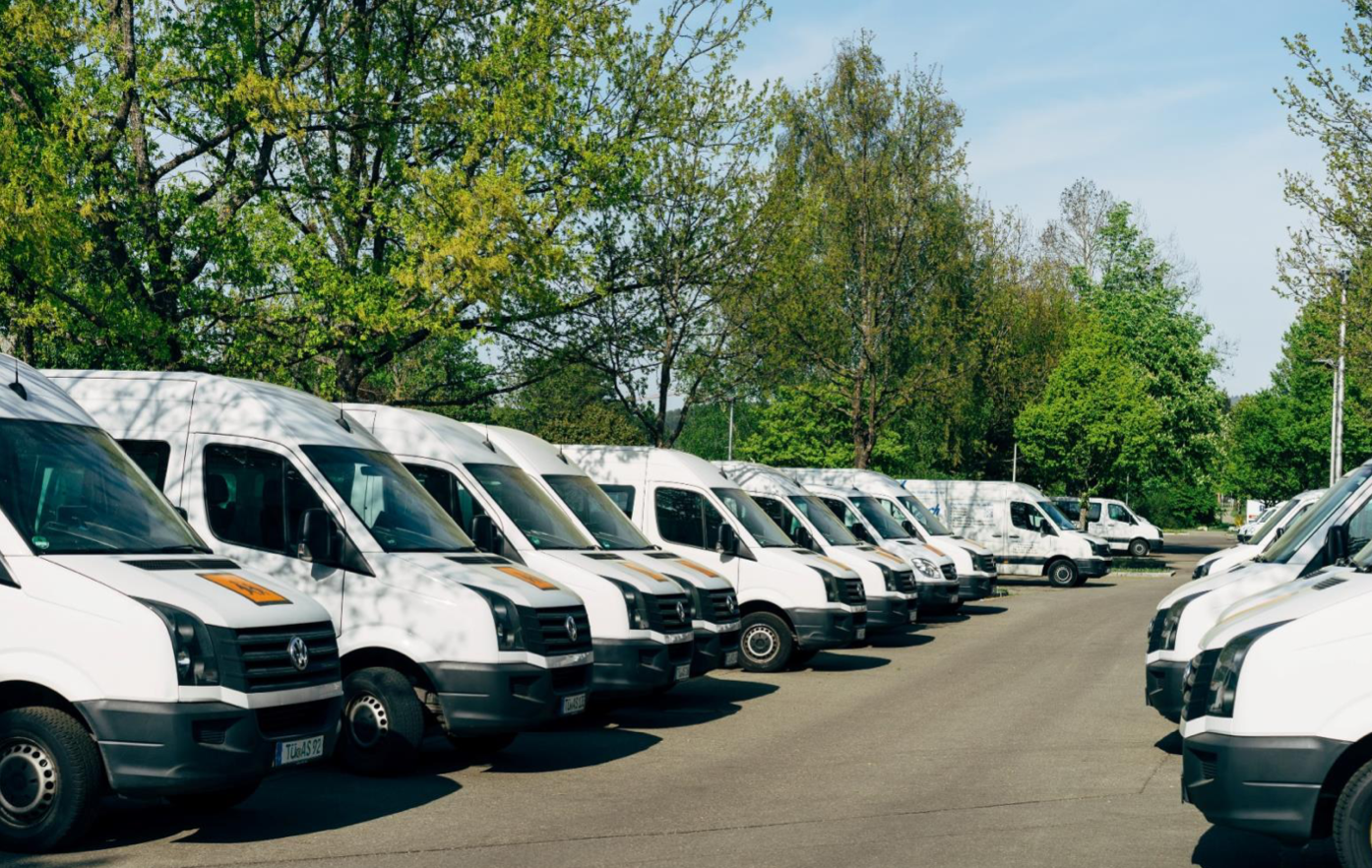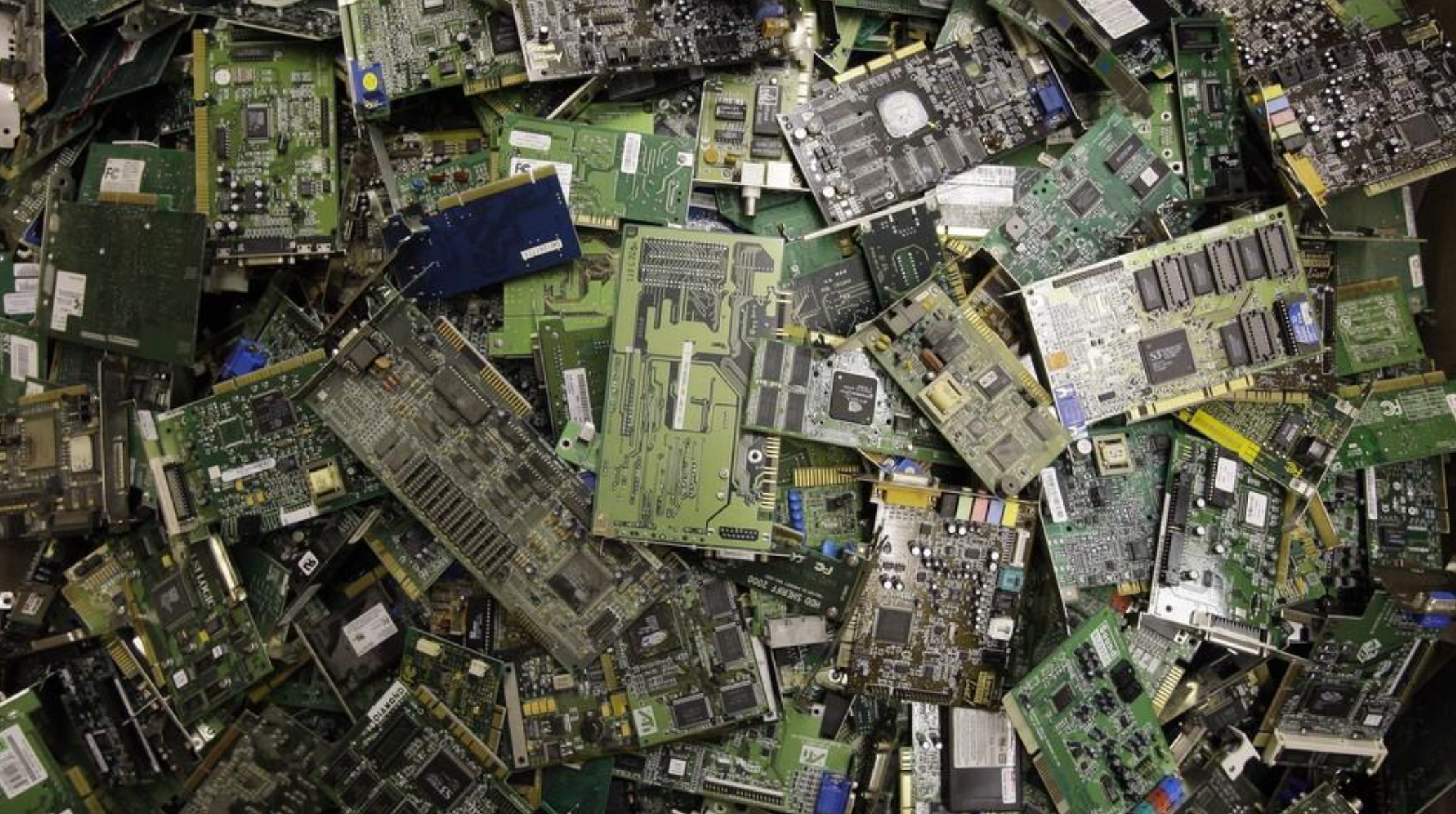
Smart farming & agriculture: What is smart farming and why is it relevant for telcos?
The agricultural industry is a large contributor to global carbon emissions. According to the IPCC, agriculture, forestry and other land-use accounts for 24% of greenhouse gas emissions globally, the second largest industry contribution after electricity and heat production. Efficiency gains made within this industry will therefore have a major impact in the global transition towards net zero emissions.
What is smart farming?
Smart farming, or smart agriculture, is the use of advanced technologies to improve efficiencies and enhance productivity in an agricultural setting through improved monitoring, tracking, and analysis. For example, smart farming solutions can leverage sensors to monitor conditions including soil moisture, light and humidity levels, physical obstacles, and motion. As farming can be highly resource intensive, leveraging the data from these sensors can allow farmers to ensure efficient use of resources to minimse waste and deliver the highest yield possible. Automation can also play a role in smart farming, where certain actions can be triggered to allow remote management of crops or livestock. These solutions can have a positive impact for farmers in terms of their environmental impact and their cost base.
What role can the telecoms industry play in smart farming/agriculture?
The enabling impact of the telecoms industry on other verticals, through the use of connected technologies, is well known. Operators frequently cite the enablement impact of their products and services as a tenet of their sustainability strategies. Given that smart farming/agricultural practices leverage technologies including IoT sensors, LPWAN, cellular connectivity, AI and analytics, telecoms operators have a clear right to play in enabling these solutions. However, the measurable impact that operators actually have on the reducing of carbon emissions is less clear and is a topic that STL Partners has discussed in more detail in previous articles.
In the context of smart farming, a typical use case might involve the use of IoT sensors that monitor the moisture levels in the soil, to enable the farmer to use only the amount of water that is required and therefore minimise the use of this resource. The data from IoT sensors can then be transferred to the cloud over an LTE or cellular network, where it is surfaced on the end users’ application. In this scenario, an operator could be responsible for the end-to-end solution, or instead provide only the connectivity. More advanced operators will be more likely to play a larger role in this value chain, whereas less advanced operators may be relegated to connectivity-only players.
What are some examples of smart farming/agricultural use cases?
The agricultural industry, like many other industries, has the potential to be revolutionised through the use of next generation connected technologies. As a result, there are multiple examples of smart agricultural use cases, some of which are currently being deployed and others that are still being trialled. We explore smart agricultural use cases, as well many other sustainability use cases from different enterprise verticals, in our Net-Zero enablement use case directory. Some of these examples are laid out below.
- AT&T, Waterbit and Devine Organics are collaborating to deliver smart asparagus farming. The North American operator partnered with WaterBit in 2018 to deliver a solar-powered IoT irrigation system for Devine Organics, an asparagus producer. The solution was designed to help Devine Organics to use less water in its asparagus production, which is typically a water-intensive endeavour. WaterBit’s solar-powered irrigation system and AT&T IoT technology is used to analyse levels of soil moisture and field conditions and sends the information to a mobile app for Devine Organics’ farmers to view. Installed across 40 acres, this solution has the potential to save over 750,000 gallons of water by providing precise information about the amount of water that is required in asparagus production.
- Vodafone Business Agriculture applications are also working to provide better outcomes for farmers. Its MyFarmWeb platform is designed to help farmers to meet the challenge of climate change and improve productivity and profitable yields through the use of IoT, analytics and predictive automation solutions. Some of the platform’s features include chemical and microbial analysis of soil, presence of pests, and scheduled irrigation systems, all of which help to give precise information about the required use of resources. The platform was developed in partnership with agricultural specialists Agri Technovation and Laeveld Agrochem,
- Several operators are already trialling the use of drones across different enterprise verticals, including agriculture. Use cases include remote monitoring of livestock or crops, thereby reducing fuel emissions from vehicles that would normally be used for the same purpose. Drones are a key 5G use case, and are likely to be used more (both in agriculture and other verticals) as 5G is deployed more widely.

These are just some of the ways in which telecoms operators can leverage their technologies to enhance the sustainable outcomes of other industries. Given the impact of agriculture on global carbon emissions, it is clear that this is a major opportunity for operators to use their enabling technologies to make a tangible difference in the transition to a net-zero world.
Green fleet management: an opportunity for telcos?
Sustainability is a key focus for operators and their enterprise customers. The growing focus on sustainability is opening new ways for telcos to offer enablement services. This article explores the role of telcos in offering fleet management enablement services.
Telcos can do more to drive mobile e-waste solutions
This article will focus specifically on the issue of E-waste and will explore the potential of telco-driven E-waste solutions.
From aspirational claims to scope 4
When reporting these emissions, telcos must be careful not to ignore rebound effects and or overestimate their contributions to reductions.




